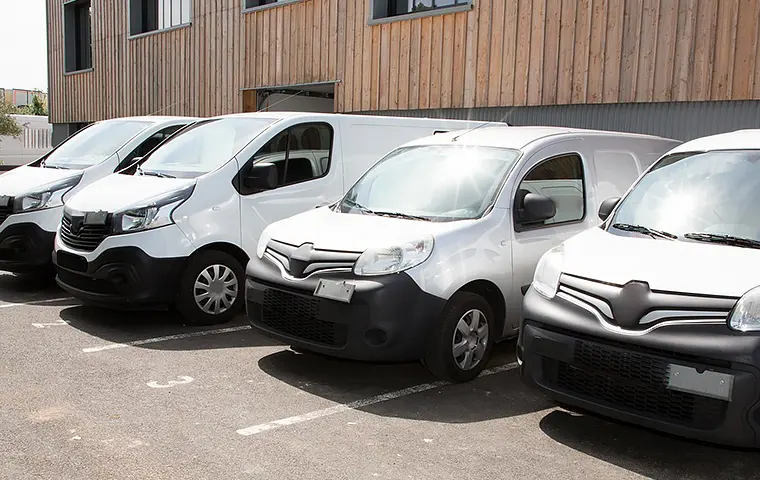Fleet managers play the most critical role in any fleet business. As a fleet manager, you have many duties ranging from safety to maintenance and everything in between.
Encore Protection defines fleet management as the “practice of overseeing, organizing, and recording all aspects of a company’s fleet.” This means that you may be responsible for duties like creating maintenance schedules, saving costs for your business, and establishing training programs for your drivers.
Your job may differ significantly depending on the size and industry of your fleet, but some basics apply to all fleet managers. Let’s discuss how to manage fleet vehicles and the primary responsibilities of a fleet manager.
The Responsibilities of a Fleet Manager
Fleet managers may have all kinds of responsibilities, but we will narrow it down to four that apply to most fleet managers in every industry:
- Generating and maintaining data on all aspects of fleet operations: This may include information on maintenance, safety, or even finances.
- Performing risk assessments at every business level: Fleet managers must perform screens of all new drivers and create safe driving policies and training programs to lower accident rates.
- Analyzing data and creating solutions: Fleet managers can use route optimization software to find routes that save the business time and money, boosting efficiency.
- Establishing processes and procedures for the fleet: No matter what occurs, whether an accident or a vehicle breakdown, the fleet must be prepared. That is why a manager must create a process for every situation.
Vehicle Acquisition
When it’s time to acquire vehicles for the fleet, a fleet manager may face significant challenges. The balance between getting a reasonable price and meeting the fleet’s needs is a fine line, but it is essential for success.
It is critical to take a procedural approach. First, determine what type of vehicles are required and how many you’ll need. Small businesses obviously won’t need as many vehicles as an enterprise business. Then, it’s time to purchase. Many fleet managers will purchase from a dealership directly.
Check out our article, “How to Buy Fleet Vehicles,” to learn more about buying vehicles for your fleet.
Hiring and Training Drivers
A fleet manager is only as good as their team. Depending on what kind of business you’re running, requirements will, of course, look different, but these are some general guidelines you should be looking for.
- Valid driver’s license with appropriate class requirements (such as CDL)
- Mental and physical capability for vehicle operation
- Pre-employment drug and alcohol screening
- Appropriate experience
- Clean driving record
- References
Like any job, some of these requirements hold more weight than others, and it is up to you what you will need from certain applicants.
Safety and Risk Management
Safety is the highest priority for any good fleet manager. Distracted driving is one of the most significant risks that fleets face, and avoiding it (and other risks) is critical in keeping your drivers safe.
The most crucial step is creating a safety culture among your fleet. You can do so by creating regular safety training requirements for your drivers and following these training sessions up with mandatory safety policies that drivers must follow.
Enforce these policies with a fleet management system that uses telematics to determine if your drivers are on track. You have all the tools at your disposal to promote safety; you just need to ensure you and your team prioritize it.
Get Support From Fleet Management Software
Fleet management is a lot of responsibility, and you don’t have to do it alone. Luckily, Azuga offers a state-of-the-art fleet management solution that can help you achieve your business’s goals. Learn what we can do together by trying a demo today.








